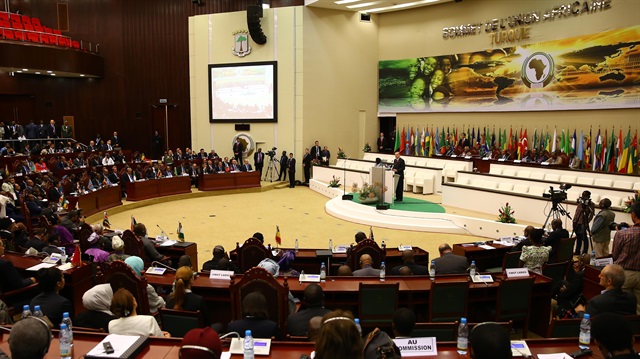
Speaking at the end of the summit, Kenyan Foreign Minister Amina Mohamed hailed the meetings as "very concise, very strategic and very direct."
"Kenya considers the [Africa-Turkey] partnership as very useful, very productive," she added.
Mohamed praised the idea of holding periodic meetings, saying this would help keep track of the progress of projects agreed upon by the two sides.
"We can take stock of the projects… see which ones are performing well, which are not," she said.
"We have agreed on the matrix and plan of action," she said. "But I think we still need to reduce the number of projects and then focus the resources into those projects that we can have success."
The minister, however, did not specify what the projects were, saying merely that they were in the areas of transport, information technology, health, education and agriculture.














